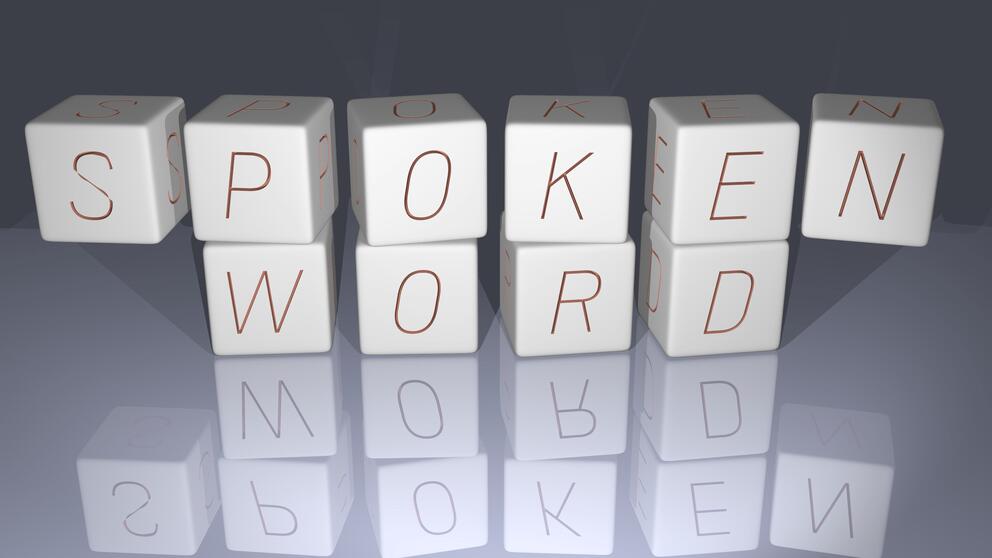
The project
Questioning, deconstructing and reconstructing the canon
The aim of the "Canon Factory" project is to identify what in contemporary literature in English, German, Dutch and Scandinavian languages has gradually become part of the canon: all the productions that are known, recognized, recommended, if not catapulted to the forefront of editorial news and media events, and even crowned with prizes. In what ways and through what processes do works initially confined to the margins of literature (spoken word, slam, theatrical performances produced by immigrants, members of the LGBTQIA+ community, postcolonial texts, graphic novels...) and challenging the commonly accepted categories of the "literary", or even challenging the very act of reading, end up joining officially promoted literature, what is considered “legitimate” literature and culture? How do these texts or performances question the canon, how do they modify it, to what extent do they redefine its limits or even undermine it from within? How and why do the people behind these productions accept to leave behind their peripheral status, and what strategies do they use to resist the canonization of their works? Do academics not contribute to the canonization/decanonization of some works and artists as they direct their gaze to or away from them?
From a transnational and comparative perspective, the "canon factory" will seek to highlight points of convergence between productions appearing in the English-, German-, Dutch- and Scandinavian-speaking areas as well as the specificities of each. Without excluding any useful theoretical insights, the project will open up a dialogue between close reading of texts and analyses of oral performances, and performance studies, postcolonial theory, decolonial praxis, gender studies as well as sociology and publishing policies and practices.
The project will be structured around four one-day conferences in 2023-2024, three in 2024-2025 and a two-day international conference which will take place in 2025.
